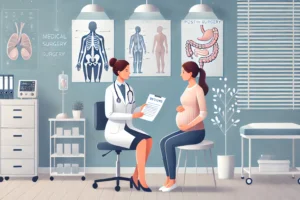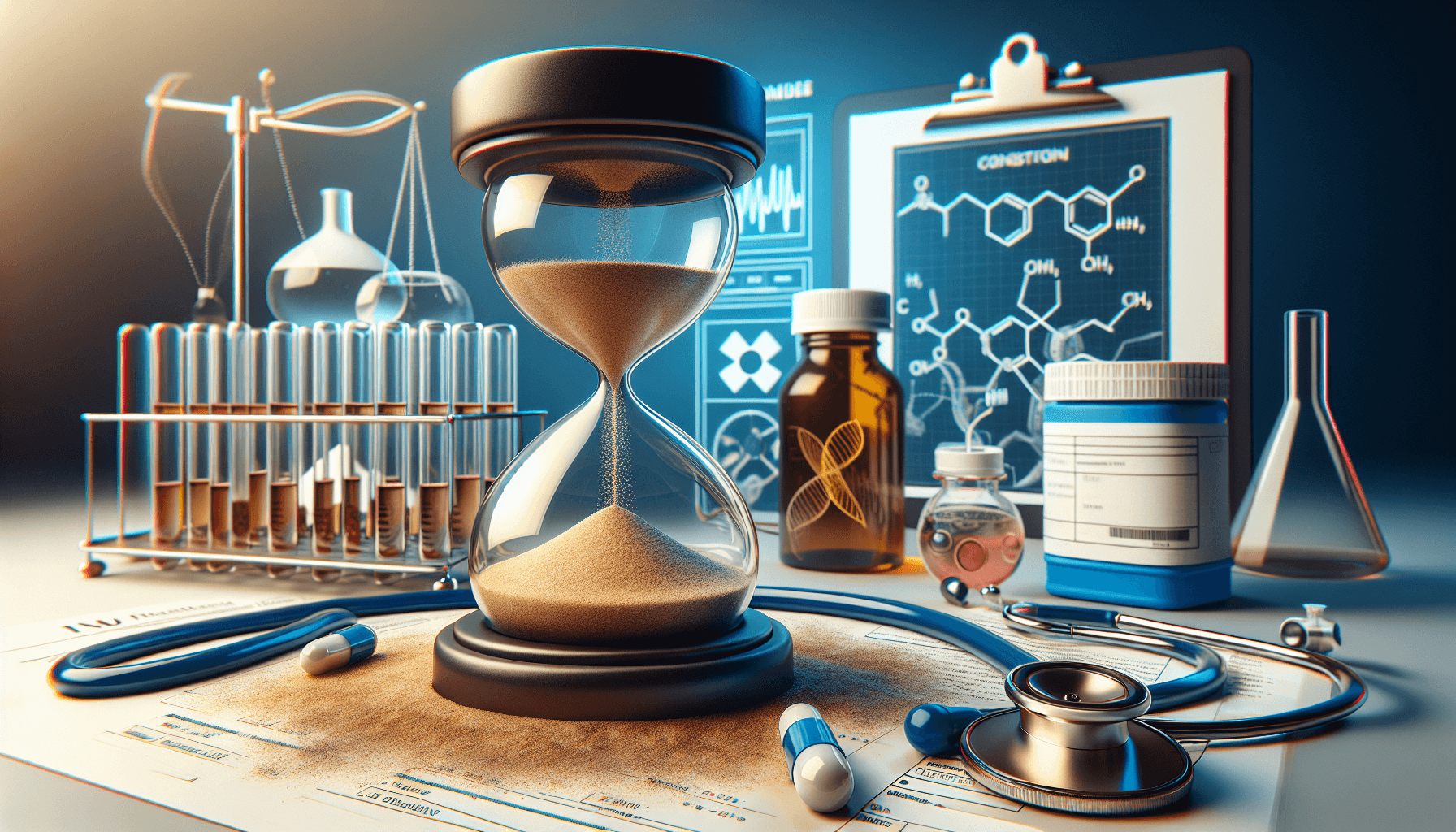Depression is a difficult and complex condition that can leave its sufferers feeling isolated, helpless and lost. It is a common mental health illness, and millions of people around the world are affected by it every day. But it doesn’t have to be this way – there are practical strategies you can use to overcome depression and start living a brighter, more fulfilling life. In this article, we’ll look at some of the most effective strategies for overcoming depression, from lifestyle changes to finding support. We’ll also discuss the importance of getting professional help and how to recognize when it’s time to do so. With the right support and knowledge, it is possible to find hope and start to make changes that will help you overcome depression and live a healthier, happier life.
What is depression?
Depression affects the way you think and feel, and it can have a significant impact on your mood, behavior, and relationship with others. The illness affects people from all walks of life, but certain groups, such as youth and the elderly, are particularly at risk. The two main types of depression are: Major depressive disorder – This is the most common type of depression, and symptoms usually include a persistent low mood and a loss of interest or pleasure in most or all activities. Persistent depressive disorder – This is a less common type of depression, and symptoms usually include two separate periods of feeling very low, spaced at least two weeks apart. Depression is a real illness that can be treated and managed with support. If you think you might have depression, it’s important to talk to your doctor and get assessed.
Signs and symptoms of depression
Signs and symptoms of depression can vary widely from one person to another, and the symptoms can be very different from one episode of depression to another. While some people have one or two of the symptoms below, others have many. While everyone suffers from low mood at times and these are not abnormal, people with depression will usually have several of the following symptoms for at least two weeks. The most common signs and symptoms are: Loss of interest and enjoyment in activities that you used to enjoy. Change in appetite and/or weight. Feeling tired and low energy. Loss of sex drive. Feeling worthless and/or guilty. Sleep problems, including difficulty falling and staying asleep, or waking too early. Feeling agitated or restless, or having too much energy. Poor concentration, forgetfulness, and/or having difficulty making decisions. Thoughts of death or suicide.
Causes of depression
There can be a number of different causes and factors involved in causing depression. While there is no exact cause or reason behind why someone becomes depressed, there are certain factors that may increase the risk of developing the illness, such as genetics, life events, and lifestyle choices. Some people may find that certain situations and life events can trigger depression. These triggers can be anything from a death in the family, a relationship breakdown, financial problems, trauma, or anything else that may be difficult to cope with. While there are many different causes and factors involved in causing depression, there is also a lot of hope, as knowledge about the condition is growing all the time. There are now many different treatment options available that can be used to help overcome depression.
Practical strategies for overcoming depression
Depression can be debilitating and overwhelming, but it is possible to overcome it and find a brighter future. If you or someone you know is experiencing depression, there are many different strategies that can be used to help overcome it. Some of the most effective ways to overcome depression are: Exercise – One of the most effective ways to overcome depression is to engage in physical activity. Exercise is a great way to boost mood, reduce stress and anxiety, improve self-esteem, and increase feelings of self-worth. Some people find that exercising outside in nature is even more beneficial, as it can help you to reconnect with your surroundings and find peace. Exercising releases endorphins in the brain, which are known as the “happy hormone”, and can help to combat depression. Adequate sleep – Another important strategy for overcoming depression is to make sure you are getting enough high-quality sleep. Sleep can be used as a form of therapy in overcoming depression, and when it is done correctly, it can help you to feel better and experience fewer symptoms of the illness. Aim to sleep for at least seven to nine hours each night, and try to get to bed around the same time every night to help regulate your sleep cycle. Connect with people – Feeling disconnected from others can be a major symptom of depression, and it can be helpful to reconnect with other people when you are depressed. There are many different ways to do this, such as joining a group, taking part in social activities, or volunteering for a cause you care about. Talking to a professional – While friends and family can be a great support system, many people find that talking to a professional can be helpful in overcoming depression. Professionals, such as therapists, counselors, and psychologists, can provide a space where you can talk freely without the pressure to be perfect. They can help you to process your feelings, gain insight into your situation, and find solutions to the challenges you are facing.
Talk to a professional
If you are experiencing depression, it’s important to talk to a professional. There are many different types of professionals who can help you to overcome your depression, including: Therapists – Therapists, who are commonly known as psychotherapists or psychotherapists, are trained to help you to overcome depression. They can provide you with insight into your situation, and help you to process your feelings and find solutions to the challenges you are facing. Counselors – Counselors, who are sometimes referred to as psychotherapists, are trained to help you to overcome depression. They can provide you with insight into your situation, and help you to process your feelings and find solutions to the challenges you are facing. Psychologists – Psychologists are trained to help you to overcome depression. They are also trained to conduct research, and many work in universities and other research institutions. Psychiatrists – Psychiatrists are medical doctors who are trained to help you to overcome depression. They can provide you with insight into your situation, and help you to process your feelings and find solutions to the challenges you are facing.
The importance of seeking professional help
There are many different signs and symptoms of depression, and they can be very different from one person to another. Because of this, it can be difficult to know if you are experiencing depression, and if so, how severe it is. Depression is a serious mental health illness that can be treated and managed with support, but it is important to recognize the signs and get help when you need it. If you are experiencing depression, it’s important to seek help from a mental health professional. There are many different types of professionals who can help you to overcome your depression, including: Therapists – Therapists, who are commonly known as psychotherapists, are trained to help you to overcome depression. They can provide you with insight into your situation, and help you to process your feelings and find solutions to the challenges you are facing. Counselors – Counselors, who are sometimes referred to as psychotherapists, are trained to help you to overcome depression. They can provide you with insight into your situation, and help you to process your feelings and find solutions to the challenges you are facing. Psychologists – Psychologists are trained to help you to overcome depression. They are also trained to conduct research, and many work in universities and other research institutions. Psychiatrists – Psychiatrists are medical doctors who are trained to help you to overcome depression. They can provide you with insight into your situation, and help you to process your feelings and find solutions to the challenges you are facing.
Tips on how to find the right therapist
There are many different signs and symptoms of depression, and they can be very different from one person to another. Because of this, it can be difficult to know if you are experiencing depression, and if so, how severe it is. It can be difficult to know how to find the right therapist. However, there are some strategies you can use to help you find the right therapist for you: Make a list of the things that are important to you – Before you start looking for a therapist, it can be helpful










